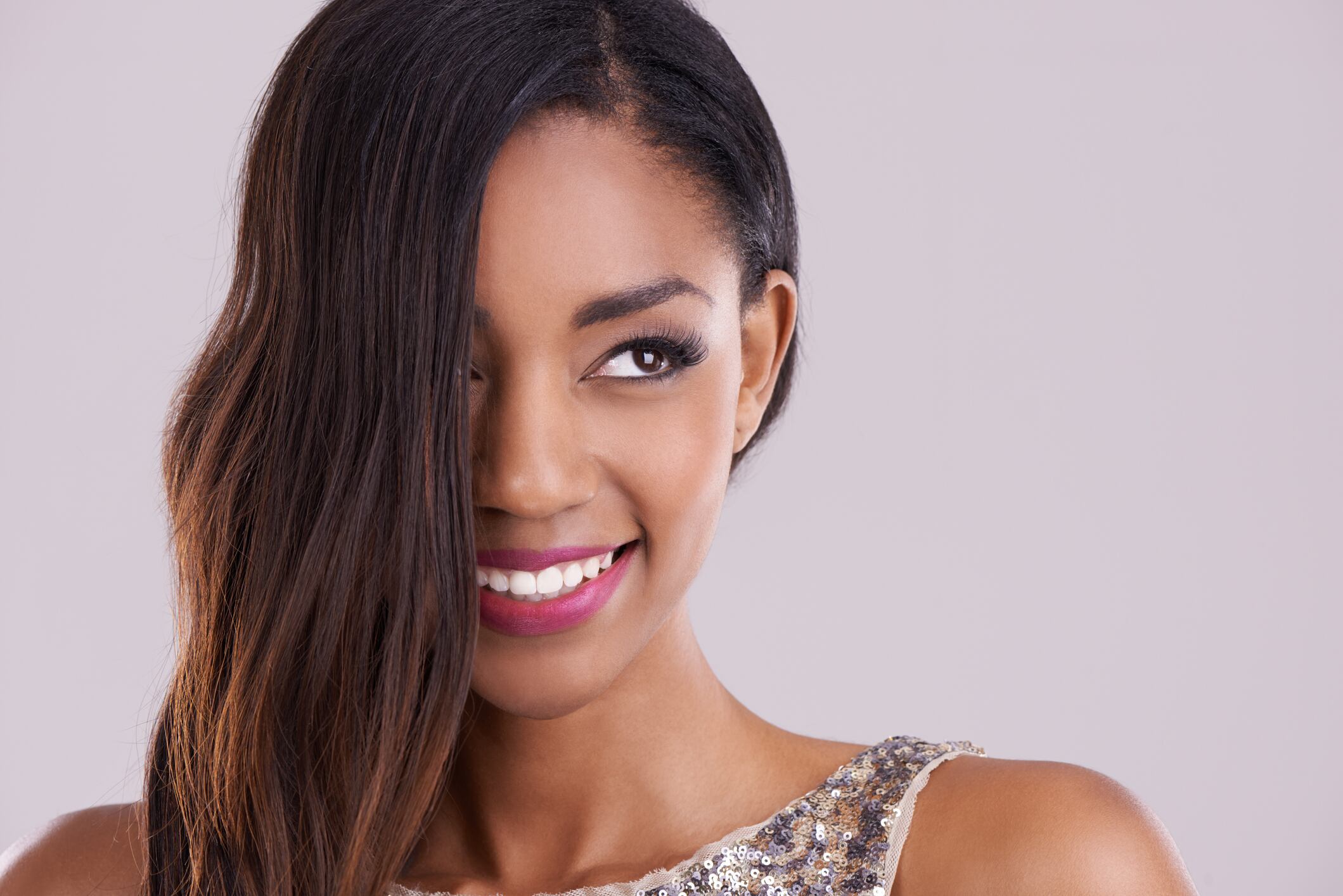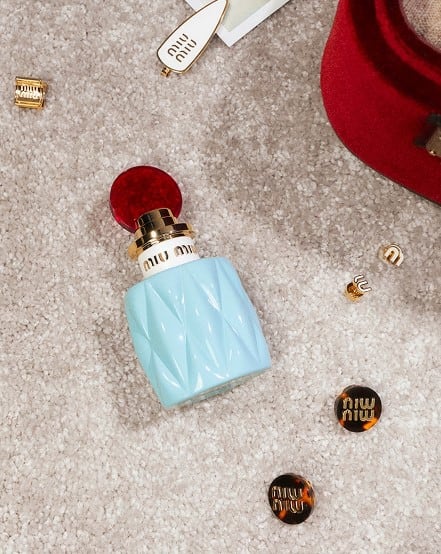For 2024, the ‘skinification’ of hair care has been predicted to look beyond a simple demand for skin care-inspired ingredients and to develop into a whole ‘hair wellness’ routine.
The skinification of hair care movement is referring to hero skin care ingredients such as collagen, niacinamide, salicylic acid, hyaluronic acid and peptides being integrated into more new hair product launches over the past year.
There have also been more skin care-inspired trends, claims and marketing messaging infiltrating the hair care industry, too.
Some of the latest product launches have included FUL Hyaluronic Acid Hair Serum, which utilises the humectant properties of hyaluronic acid to help hair stay hydrated; FFOR RE:BOND Peptide Hair Serum, which claims to protect locks from free radicals, pollution and heat damage; and Hair Proud Revive & Repair Shampoo, which contains niacinamide to ‘strengthen and promote healthy hair growth’.
Skin care actives being used in hair care products
“We have seen a huge increase across the hair care category of innovation in product formulations, where powerhouse active ingredients typically found in skin care have been introduced into hair care,” explained NPD Manager at Hair Proud, Sarah Murray.
Rather than simply focusing on the aesthetic benefits a product could offer, multi-functional formulas that target hair health concerns appear to resonate. As a result, much of the innovation continues to focus on scalp health.
An example of this is a rise in the number of searches for ‘anti-hair loss solutions’ and ‘scalp exfoliating products’.
Trends tracker Spate named #scalpexfoliation as one of its top trending hashtags in January 2024.
“Through this pioneering innovation, hair care brands can deliver high-performance, efficacious and results-driven products that use skin care active ingredients offering multi-use benefits, which benefit both scalp and hair,’ said Murray.
Led by TikTok and viral trends
As ingredient-savvy consumers become increasingly informed about what goes into their skin care, it could also be suggested that consumers’ familiarity with the benefits of these sought-after ingredients is driving demand – with awareness being further enhanced via social media platforms such as TikTok.
“We recognise that consumers, especially the Gen Z community, are becoming more aware of the importance of scalp and hair health, which is strongly led by TikTok and the viral trends,” continued Murray.
“As a result, they are seeking products that not only address hair concerns but also promote scalp health and target specific issues.”
One example of a skin care hero ingredient that is currently being incorporated into many hair care solutions is niacinamide.
According to Murray, this powerhouse active “offers a multitude of benefits for the overall hair and scalp health, including working to help repair hair, reduce breakage, to strengthen and smooth the hair cuticles and boost hair hydration.”
And it’s not just ingredients that have inspired the haircare industry. Claims and terminology such as ‘anti-ageing’ and ‘sun protection’ becoming more visible in the category. There is also a current focus on blurring the distinctions between skin and hair habits and regimes, with hair ‘cleansers,’ ‘serum’ and anti-pollution products taking centre stage.
Hair care and wellness link offers future growth
The continued alliance between hair care, skin care and other wellness-related sectors could offer further opportunities for future growth. An example of this is ARKIVE Headcare, a hair care brand founded by hairstylist Adam Reed, which claims to provide 'head care that supports hair health and self-care.’
Murray believed that the skinification of hair, will lead the evolution of the hair care category in 2024 – with skin care active ingredients becoming a key part in targeted, concern-led formulations.
“Through advances in pioneering and innovative product formulation this allows haircare brands to stand out in the haircare category offering a personalised and unique consumer experience. We recognise that consumers especially the Gen Z community, align and resonate with beauty brands that offer a personalised beauty experience and prioritise the consumer’s interaction and engagement with the brand and products, especially when it comes to haircare,” she said.
Going forward, emotional wellbeing may also become a source of inspiration. According to the market intelligence company Mintel, 52% of UK female hair care buyers said they would be interested in the ways that hair care could enhance their mood.
Murray also champions a more connected, personalised approach as the future of hair care.
“We will see the trend grow further into more personalised formulas, with targeted formulas focusing on being microbiome-friendly and addressing the challenges caused by hormones,” she concluded.
“This taps into the continuing wellbeing trend where consumers are focused on creating more of a ‘hair-wellness’ routine, prioritising overall wellbeing and self-care.”




